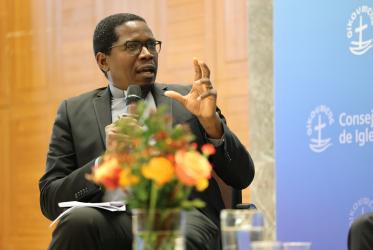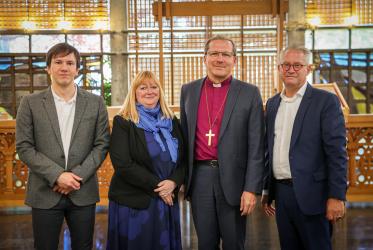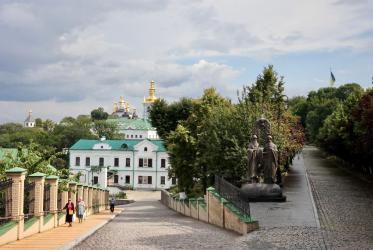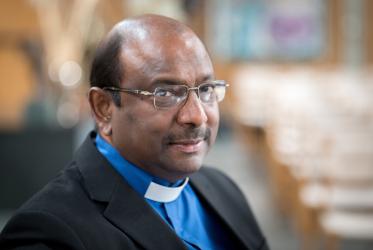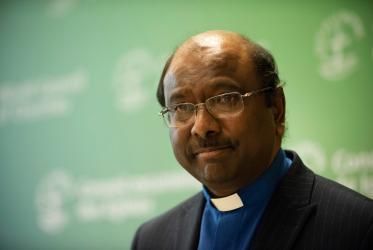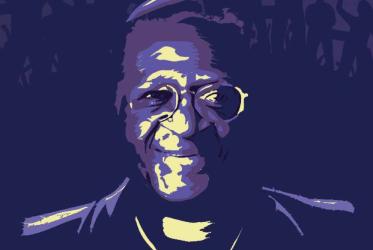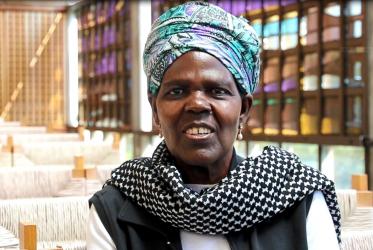Displaying 1 - 20 of 38
Swedish Mission Council hears WCC reflections on faith in democracy
07 February 2024
WCC hosts visitors from Finland, Germany, and Sweden
29 September 2023
Tutu’s legacy: A Zoom panel celebrating “the Arch”
03 February 2022
“Gathering in Grief” mourns Rev. Phumzile Mabizela
07 July 2021
Driven by God’s grace and a sense of duty
05 November 2020
WCC well-represented in Religions for Peace leadership
07 October 2019
WCC moderator “A call for equality in God’s house”
08 April 2019
#WCC70: Nathan Söderblom, ecumenical pioneer
29 August 2018
WCC leader offers Steve de Gruchy Memorial Lecture
24 April 2018
Trying to do good for the world
18 December 2017

